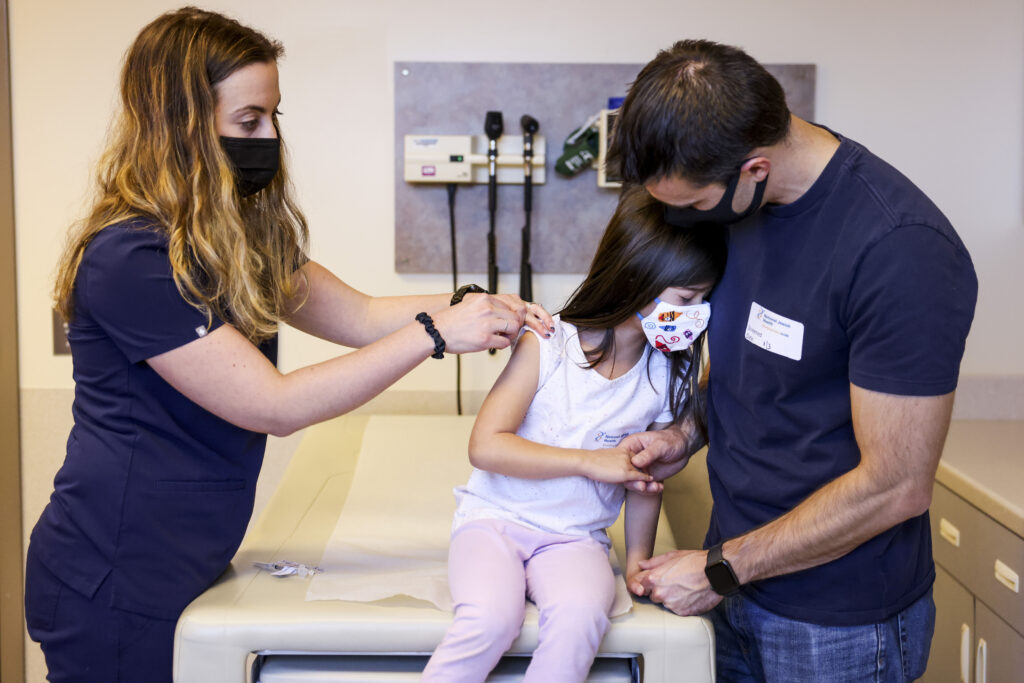Montana's Kids at Risk: Medicaid Cuts Could Devastate Child Healthcare

Montana's pediatricians are sounding a critical alarm to Congressional leaders about the potential devastating impact of Medicaid cuts on the state's most vulnerable population: its children. These medical professionals are passionately advocating for the health and well-being of young Montanans who depend on Medicaid for essential healthcare services.
With unwavering commitment, pediatricians across the Treasure State are highlighting how proposed Medicaid reductions could create significant barriers to healthcare access for children from low-income families. These cuts would not just be numbers on a budget sheet, but real-world challenges that could compromise the health and future of Montana's youngest residents.
The medical community emphasizes that Medicaid is more than just a government program—it's a lifeline for thousands of children who might otherwise go without critical preventive care, vaccinations, and medical treatments. By reducing funding, Congress risks creating long-term health disparities that could impact an entire generation of Montana's children.
These dedicated healthcare professionals are urging lawmakers to consider the human cost behind potential budget cuts and to prioritize the health and potential of the state's most precious resource: its children.
